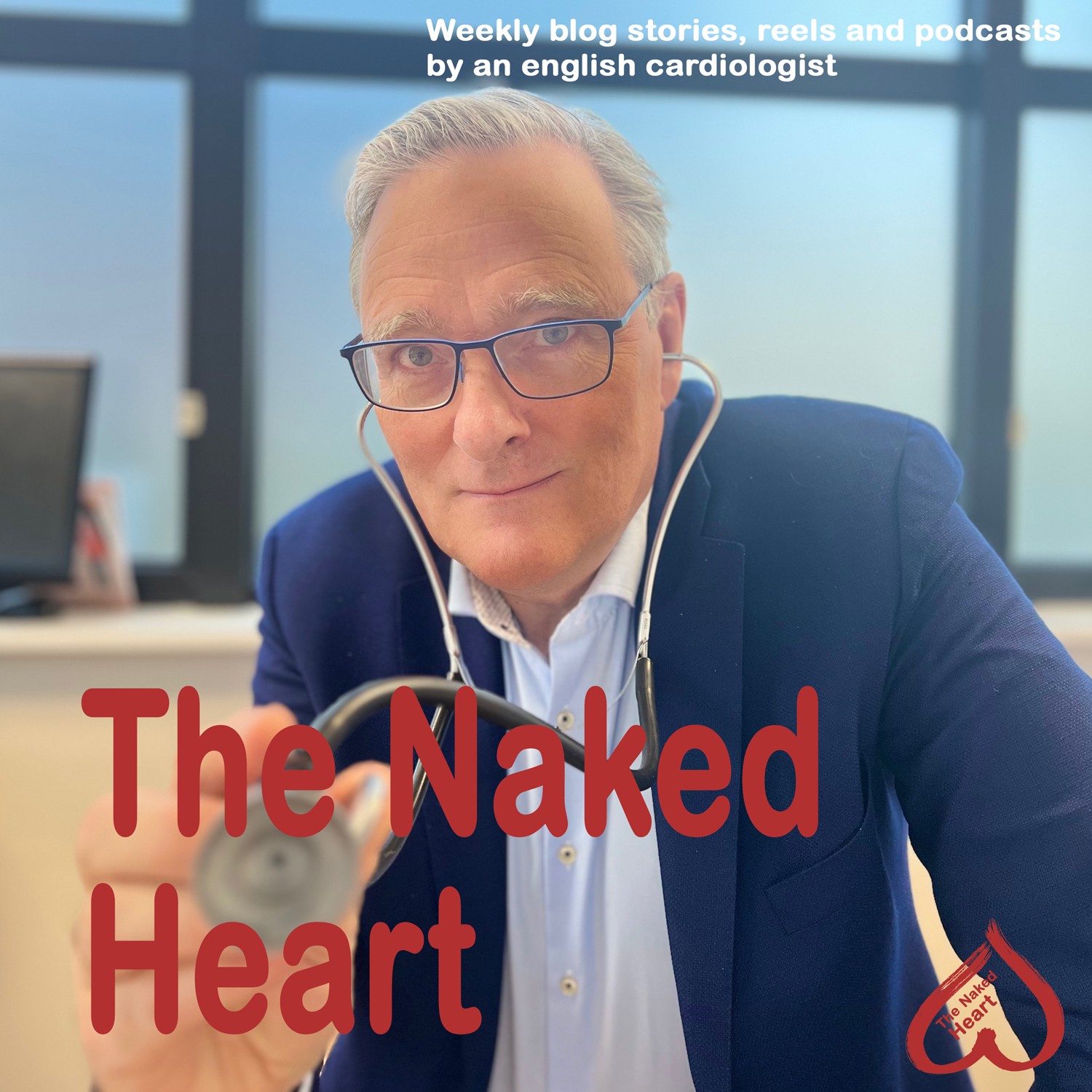
1.9K
Downloads
36
Episodes
The Naked Heart is a weekly series of blogs and social media publications from English cardiologist Dr Edward Leatham. His brief is to apply 50 years of ”breathing and practicing” cardiology to make his day to day job more about educating patients than simply just diagnosing and treating them. ”The only way modern medicine can cope with the ever increasing demand is by educating our patients on basic principles and then encourage every patient to become their own physician, guided by their doctors” These podcast publications are AI constructs created to broaden the audience in an attempt to explain quite complicated, yet important facts thus sharing advances in medical knowledge with more people, ideally even before they become our patients. Each podcast is designed to broadcast alongside a weekly blog article with multiple reels and posts on social media, all accessible for free and without any product advertising via https://www.scvc.co.uk/category/naked-heart/
The Naked Heart is a weekly series of blogs and social media publications from English cardiologist Dr Edward Leatham. His brief is to apply 50 years of ”breathing and practicing” cardiology to make his day to day job more about educating patients than simply just diagnosing and treating them. ”The only way modern medicine can cope with the ever increasing demand is by educating our patients on basic principles and then encourage every patient to become their own physician, guided by their doctors” These podcast publications are AI constructs created to broaden the audience in an attempt to explain quite complicated, yet important facts thus sharing advances in medical knowledge with more people, ideally even before they become our patients. Each podcast is designed to broadcast alongside a weekly blog article with multiple reels and posts on social media, all accessible for free and without any product advertising via https://www.scvc.co.uk/category/naked-heart/
Episodes

Friday Jan 24, 2025
How does stress affect your heart?
Friday Jan 24, 2025
Friday Jan 24, 2025
Stress is an unavoidable part of modern life. We encounter it at work, at home, in traffic, and even while reading the news. Although we often discuss stress casually, its impact on the human body is profound—particularly on the cardiovascular system. In this article, we will explore how stress affects the heart and blood vessels, drawing on clinical insights, expanding scientific knowledge, and practical stress-management strategies. By the end, you will see why stress is a critical factor in any heart health strategy, along with steps you can take to mitigate its harmful effects.
Read the blog article

Tuesday Jan 14, 2025
Home Monitoring in Cardiology: A New Era of Patient Care
Tuesday Jan 14, 2025
Tuesday Jan 14, 2025
Over the past decade, healthcare has experienced a remarkable evolution in how patients are monitored and managed remotely. Although the Covid-19 pandemic may have accelerated this trend, it is clear that even before the pandemic—when visits to see the doctor occasionally became nigh on impossible—modern technology was already paving the way for clinicians, particularly cardiologists, to care for their patients within the comfort of their own homes. By sending biometric and medical data through various monitoring devices to user-friendly dashboards, cardiology teams have been able to watch over patients without necessarily requiring them to come to clinic. This approach offers immense benefits: it minimises physical travel to the hospital or clinic, ensures timely interventions for emerging issues, and empowers patients to take greater responsibility for their own health.
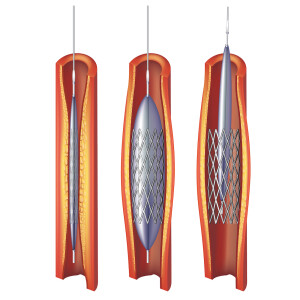
Monday Dec 16, 2024
Monday Dec 16, 2024
Having a stent or bypass is not the end of the story—it is the beginning of a new chapter in managing your cardiovascular health. With the right combination of medications, lifestyle changes, rehabilitation programmes, and vigilant follow-up using advanced diagnostic techniques, you can greatly reduce your risk of future events. Stay engaged with your healthcare team, keep informed about new therapies and guidelines, and commit to sustainable lifestyle adjustments to ensure the best possible long-term health.

Monday Dec 09, 2024
Beta blockers
Monday Dec 09, 2024
Monday Dec 09, 2024
The body’s natural “fight or flight” response is crucial for survival in dangerous situations. This response increases heart rate, boosts blood pressure, and diverts blood to muscles, preparing us for rapid action. However, in modern life, where many people feel overstimulated, this response is often triggered unnecessarily—by stress, anxiety, or medical conditions—leading to elevated heart rates, and the symptom of palpitation. Beta-blockers step in to limit this excessive sympathetic drive, helping to restore a healthier, more stable internal state.
Read the full article here
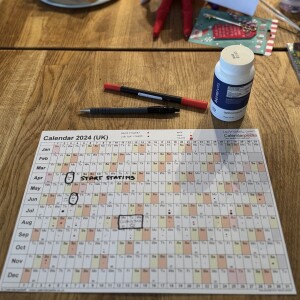
Monday Dec 02, 2024
How to take a 'Statin Holiday' in your own N-of-1 trial
Monday Dec 02, 2024
Monday Dec 02, 2024
A “statin holiday” involves temporarily discontinuing your statin medication—typically for four to six weeks—to observe whether your symptoms improve. This break can provide valuable insights into whether statins are the culprit or if other factors, such as unrelated medical conditions or lifestyle changes, are contributing to your symptoms. The blog and podcast explain how a simple visual diary can be used to help assess the impact of the N-of-1 trial.
However, it’s essential to discuss this approach with your healthcare provider before making any changes. Stopping statins abruptly without a plan may increase your cardiovascular risk, especially if you have a history of heart disease or other high-risk factors.

Monday Nov 25, 2024
Aspirin: the cheap wonder drug.
Monday Nov 25, 2024
Monday Nov 25, 2024
Aspirin, or acetylsalicylic acid, is one of the oldest and most widely used medications in the world.
Well known for its analgesic effects, it was later discovered to be effective (in much smaller doses) in preventing platelet aggregation that had a pivotal role in arterial thrombosis.
Its role in inhibiting platelet activity has made it a cornerstone in the prevention and treatment of arterial thrombosis. In this article, we will explore the fascinating role of platelets in acute coronary thrombosis, the mechanisms by which aspirin exerts its protective effects, and the clinical considerations for its use.
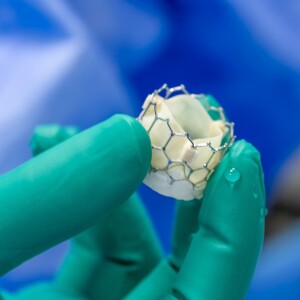
Monday Nov 18, 2024
When do we intervene in aortic stenosis?
Monday Nov 18, 2024
Monday Nov 18, 2024
The timing of intervention in aortic stenosis is critical. Delaying surgery or transcatheter procedures until symptoms become severe or complications arise can lead to poorer outcomes. Conversely, intervening too early may expose patients to unnecessary procedural risks. For exceptionally fit individuals aged 75-85, timely intervention can be particularly advantageous, as they may tolerate surgical aortic valve replacement (SAVR) better than expected for their age. In these cases, earlier treatment may prevent irreversible damage to the heart and reduce the risks associated with waiting until the disease progresses further.
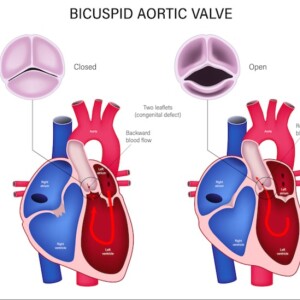
Monday Nov 18, 2024
Aortic Stenosis
Monday Nov 18, 2024
Monday Nov 18, 2024
The aortic valve is the ‘non return’ valve positioned to prevent oxygenated blood leaving the heart from refluxing back into the heart after each heart contraction. When this valve narrows, it restricts the flow of blood leaving the heart in a condition known as ‘aortic stenosis’.
Aortic stenosis (AS) is a progressive and potentially life-threatening condition. It predominantly affects older adults and has significant implications for cardiovascular health, life expectancy, and quality of life. The incidence of AS is climbing because of increased life expectancy. Timely intervention, especially in symptomatic patients or those with progressing stenosis, is essential to optimise outcomes. This article explores the nuances of AS diagnosis, treatment decisions, and the importance of patient involvement in the care pathway.

The Naked Heart
In 2021, after 35 years as a front line NHS physician and 25 years as consultant interventional cardiologist, Dr Edward Leatham left the catheter lab and moved into prevention. The Internet is a source of confusing, unregulated and, at times, crackpot advice. In response to demand, he agreed to publish a series of weekly blogs, social media reels and posts to guide a non medical audience on genuine contemporary stories and lifestyle advice. The naked heart podcast is an additional resource that comprises two virtual presenters who talk around each blog story published. Due to constraints on time and limited resources the podcasts are, for now, entirely produced using an AI-guided processing of his original stories. The hope is that we can reach a wider audience and steer more people towards preventing cardiovascular disease, instead of fire fighting it once it presents.
Prevention is better than cure.
